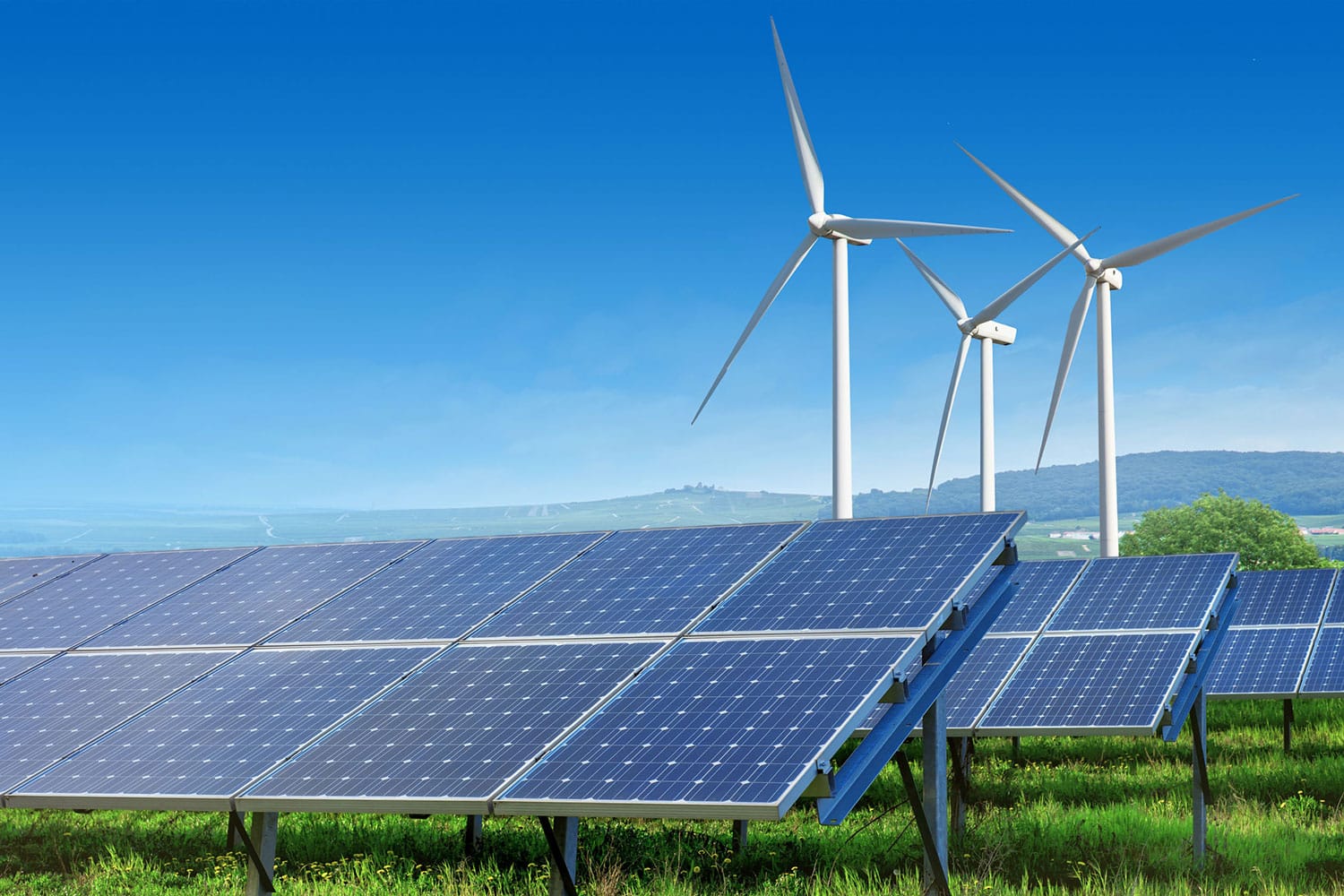Germany has long been a leader in the global energy transition, known as the Energiewende, which aims to reduce greenhouse gas emissions and increase the share of renewable energy in the national energy mix. As of 2023, the country has made significant strides in its efforts, but not without facing considerable challenges along the way.
One of the most notable achievements has been the increase in renewable energy production. In 2022, renewables accounted for approximately 42% of Germany’s total electricity consumption, a significant rise from just 6% in 2000. Wind and solar power have been at the forefront of this transition, with wind energy alone contributing to about 25% of the total electricity generation. The government has set ambitious targets, aiming for 80% of electricity to come from renewable sources by 2030.
However, the journey has not been without setbacks. The ongoing geopolitical tensions, particularly the war in Ukraine, have led to a surge in energy prices and a renewed reliance on fossil fuels, particularly natural gas. This has raised concerns about energy security and the pace of the transition. In response, Germany has temporarily increased coal production to ensure energy supply stability, which contradicts its long-term climate goals.
Moreover, the expansion of renewable energy infrastructure has faced bureaucratic hurdles and local opposition. Many projects have been delayed due to lengthy approval processes and public resistance to new wind farms and solar installations. The government is now working to streamline these processes to accelerate the deployment of renewable technologies.
In addition to these challenges, the energy transition has also highlighted the need for a robust energy storage system to manage the intermittent nature of renewable energy sources. Investments in battery technology and grid improvements are essential to ensure a reliable energy supply.
Despite these challenges, Germany remains committed to its energy transition goals. The government has introduced various incentives to promote energy efficiency and the adoption of electric vehicles, as well as investments in research and development for innovative energy solutions.
In conclusion, while Germany’s energy transition has made remarkable progress, it continues to face significant challenges that require careful navigation. The balance between energy security, economic stability, and environmental responsibility will be crucial as the country strives to meet its ambitious climate targets in the coming years.



